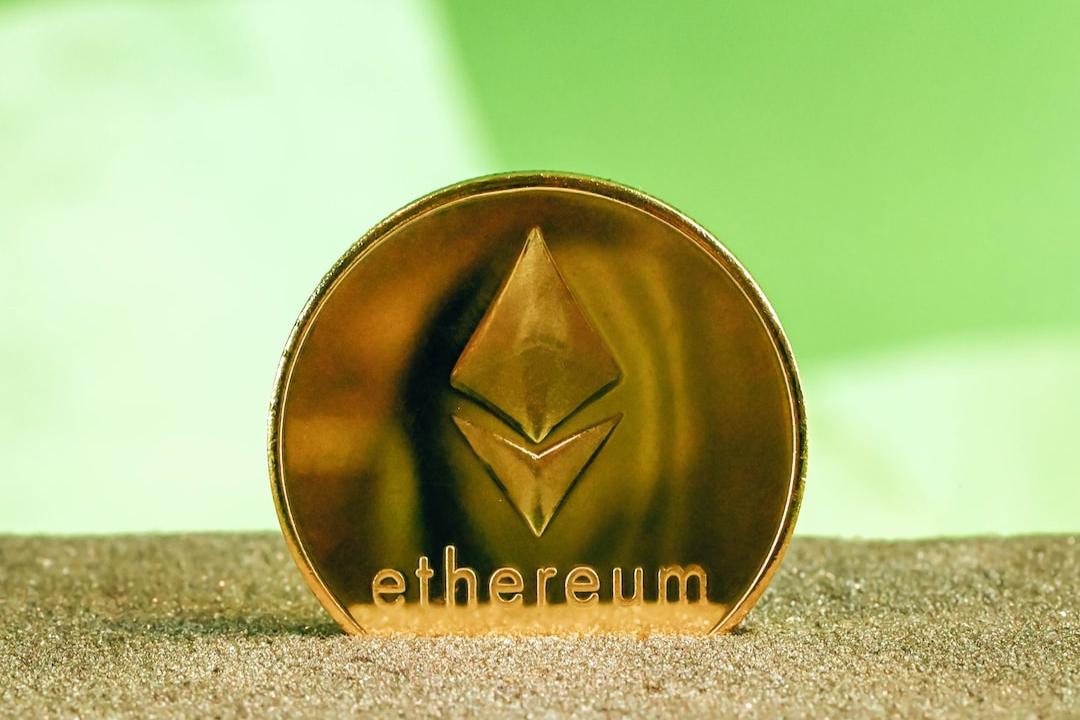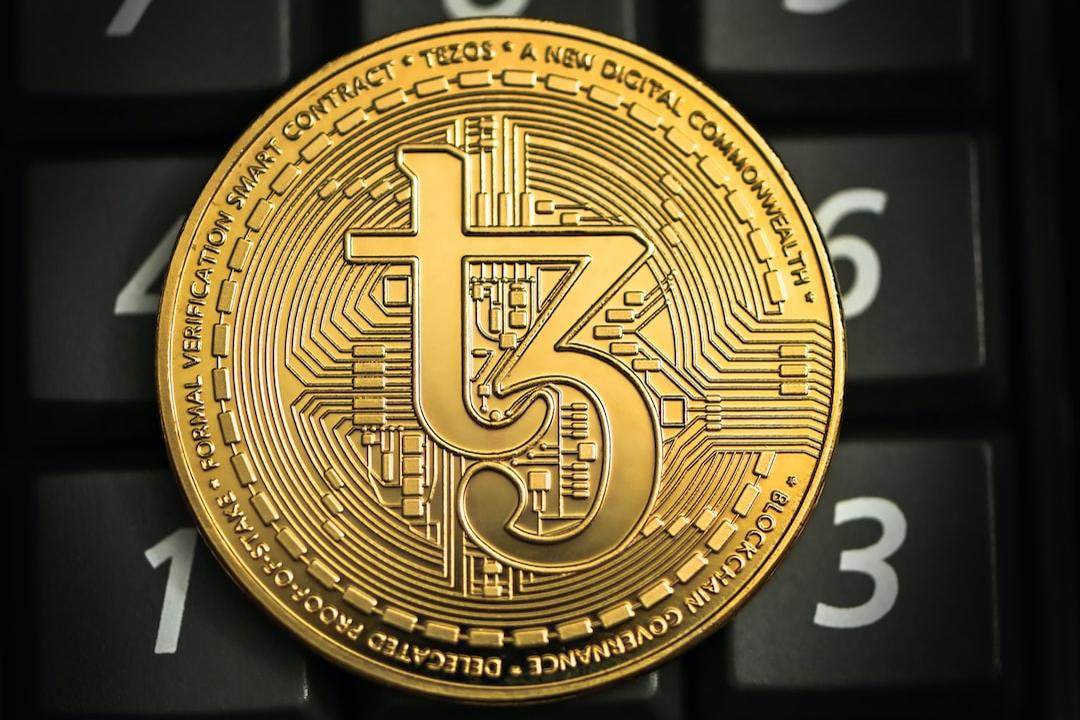
Metaplanet, Asia’s Version of MicroStrategy, Invests $6.25 Million in Bitcoin
Metaplanet, a Japanese company specializing in Web3 consulting, real estate development, and other services, is making a strategic shift by investing approximately $6.25 million or ¥1 billion in Bitcoin.
This investment is a significant move as the company aims to make Bitcoin its primary asset, demonstrating a strong commitment to aligning finance with innovation.
Earlier this month, Metaplanet announced its plans to deposit ¥1 billion in Bitcoin, positioning itself at the forefront of financial innovation.
Following this announcement, Metaplanet’s stock price experienced a notable surge, similar to the successful strategy employed by MicroStrategy. The US-based company has been accumulating Bitcoin since 2020, resulting in a significant boost in its share price.
The positive response from investors to Metaplanet’s announcement suggests a strong vote of confidence in similar strategic moves. Sora Ventures representative, Jason, compared Metaplanet to MicroStrategy, suggesting that it could have a transformative impact on the Asian market.
Metaplanet’s new Bitcoin investment initiative is capturing the attention of Japanese investors, offering them a unique opportunity to invest in Bitcoin through the Tokyo Stock Exchange. This method allows investors to avoid the hefty unrealized gains tax associated with direct Bitcoin purchases, which can reach up to 55%.
Additionally, this approach shields investors from the regulatory risks typically associated with such transactions. It signifies a significant step forward for the integration of Bitcoin into Asia’s financial markets, indicating increased acceptance and adoption by traditional financial entities and publicly traded companies.
Metaplanet’s move could also boost crypto adoption worldwide. The growing trend of corporate entities entering the cryptocurrency market reflects rising confidence in digital assets as a reliable store of value and a hedge against inflation. Nexon, an Asian corporation, purchased $100 million worth of Bitcoin in 2021, further highlighting the growing trust in this digital currency.
In the United States, MicroStrategy has been actively accumulating Bitcoin since 2020, acquiring $2 billion worth of Bitcoin over a six-month period. This aggressive buying strategy prompted JPMorgan to issue a warning about potential market risks. MicroStrategy currently holds over 214,000 BTC, representing about 1% of the total circulating Bitcoin supply.
The entry of Metaplanet and other corporations into the Bitcoin market not only demonstrates a strong belief in the long-term viability of cryptocurrencies but also has the potential to catalyze broader acceptance and integration of digital assets into mainstream financial systems. Despite ongoing regulatory challenges, substantial investments by well-established companies are boosting investor confidence and could drive further adoption and growth in the global cryptocurrency industry.
The cryptocurrency landscape in Japan is experiencing significant regulatory and market developments. The Japanese government, led by Prime Minister Fumio Kishida, is actively working to enhance the environment for Web3 applications and plans to use digital tokens to revitalize the content industry, showcasing a commitment to integrating advanced digital technologies into the mainstream economic framework.
Furthermore, Japan’s Financial Services Agency (FSA) has increased its oversight on crypto transfers to combat unlawful activities such as fraud and money laundering. This includes directing financial institutions to improve transaction monitoring for cryptocurrency exchanges. The FSA’s strategy aims to strike a balance between fostering cryptocurrency market growth and implementing robust security measures against financial crimes.
These actions demonstrate Japan’s nuanced approach to cryptocurrency, combining regulatory rigor with strategic incentives to support long-term corporate investments in digital assets. Recent tax regulation revisions exempt corporations from taxes on unrealized gains from long-held cryptocurrency assets, encouraging deeper and more stable investments in the sector. This approach aims to harness the economic potential of cryptocurrencies while managing the associated risks.













